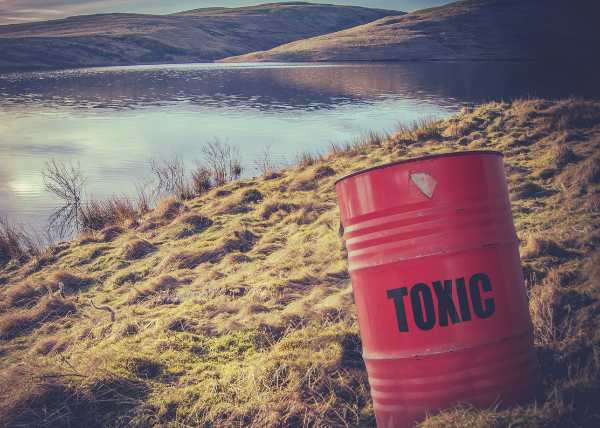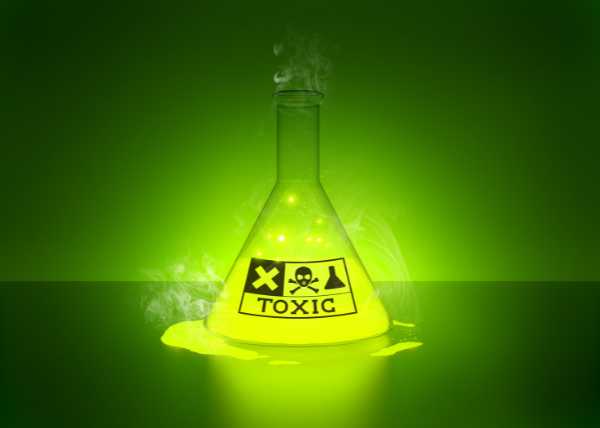
The corporate world experienced an unprecedented upheaval this week as 3M Co, the multinational conglomerate, agreed to a whopping $10.3 billion settlement with numerous U.S. public water systems to resolve claims related to water pollution. This settlement is historic not only in its sheer scale, but also due to the nature of the pollution at its heart: the infamous and seemingly indestructible "forever chemicals."

"Forever chemicals," a term given to a group of man-made chemicals known as per- and polyfluoroalkyl substances (PFAS), have been a point of contention for decades. This group of chemicals, used widely in many products like non-stick pans, water-resistant clothing, and firefighting foams, are so named because of their almost non-biodegradable nature. This means they don't break down naturally and can persist in the environment and human body for an extended period, hence the term "forever."
Scientific studies have linked these chemicals to various health problems including cancers, developmental issues in children, and immune system disorders. Moreover, their potential for bioaccumulation — building up over time in an organism's tissues — makes them a substantial health risk.
As a leading manufacturer of PFAS, 3M Co found itself at the center of a storm of legal battles, accused of contaminating water supplies across the U.S. Allegations suggested that the company had not only produced but also improperly disposed of these chemicals, leading to severe pollution.
The crux of the litigations hinged on whether 3M had sufficient knowledge about the environmental and health risks posed by PFAS and if the company took adequate measures to control their release into the environment. Critics argued that 3M failed in its corporate responsibility, resulting in the pollution of public water systems and causing harm to both human health and the environment.
The news of a $10.3 billion settlement marks a significant turning point in this saga. After years of intense litigation and public scrutiny, 3M Co has reached a tentative agreement to financially compensate the affected public water systems across the country. This record-breaking figure reflects the magnitude of the issue and its widespread impact.
The settlement is intended to be used for water treatment and remediation efforts, ensuring clean, safe water for millions of people. It also sends a potent message about corporate responsibility and the importance of environmental stewardship.
While the settlement brings some resolution to the affected communities, it also sets a profound precedent for future environmental claims. It underlines the responsibility of corporations in managing and mitigating the environmental impact of their operations and shows that companies can be held accountable for their actions, even decades later.
Beyond the settlement itself, the 3M case might trigger further changes, such as stricter regulations on the use and disposal of PFAS, increased transparency in corporate activities, and more significant investments in environmentally-friendly alternatives.
In the end, the 3M Co's settlement not only resolves one of the most high-profile environmental lawsuits of recent years but also brings attention back to the dire consequences of "forever chemicals." It acts as a reminder to corporations worldwide about the long-lasting impacts of their products on human health and the environment.





